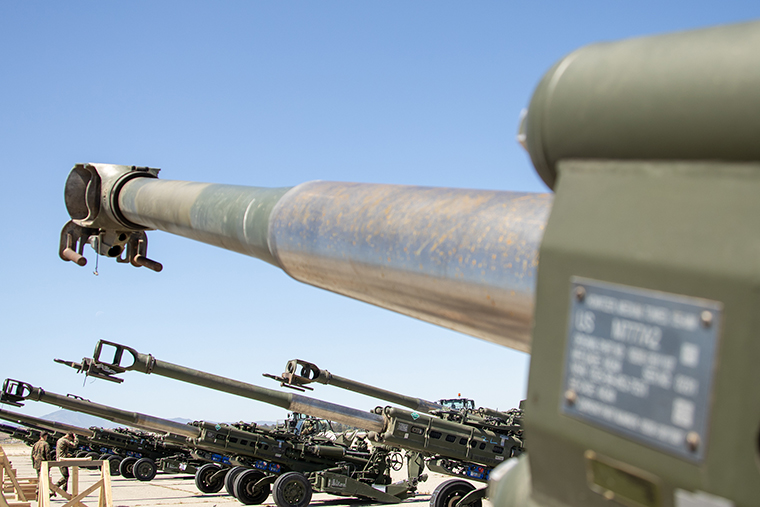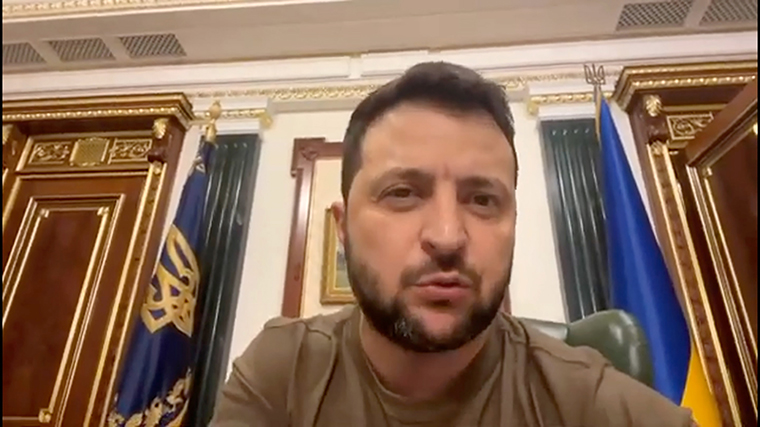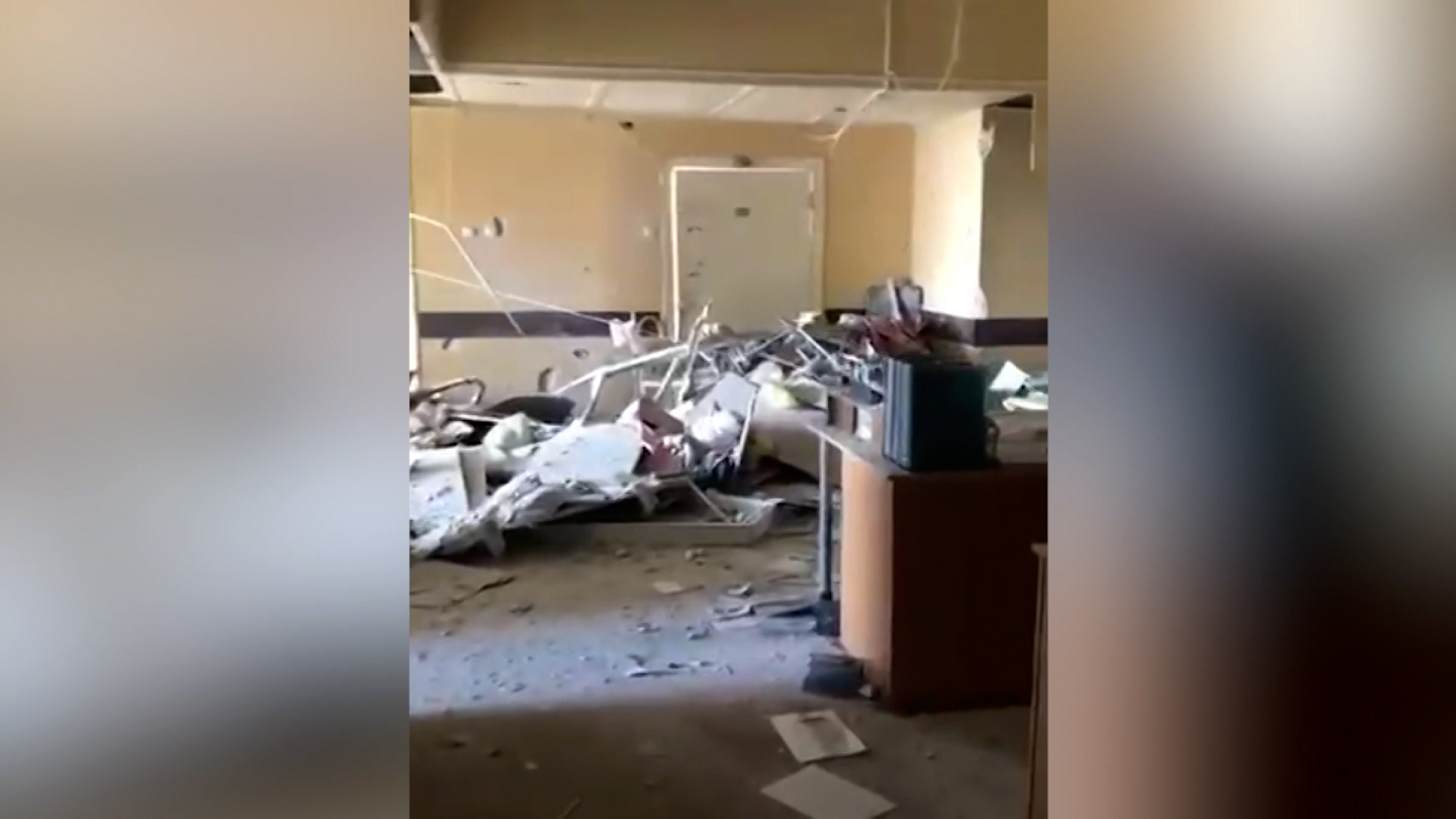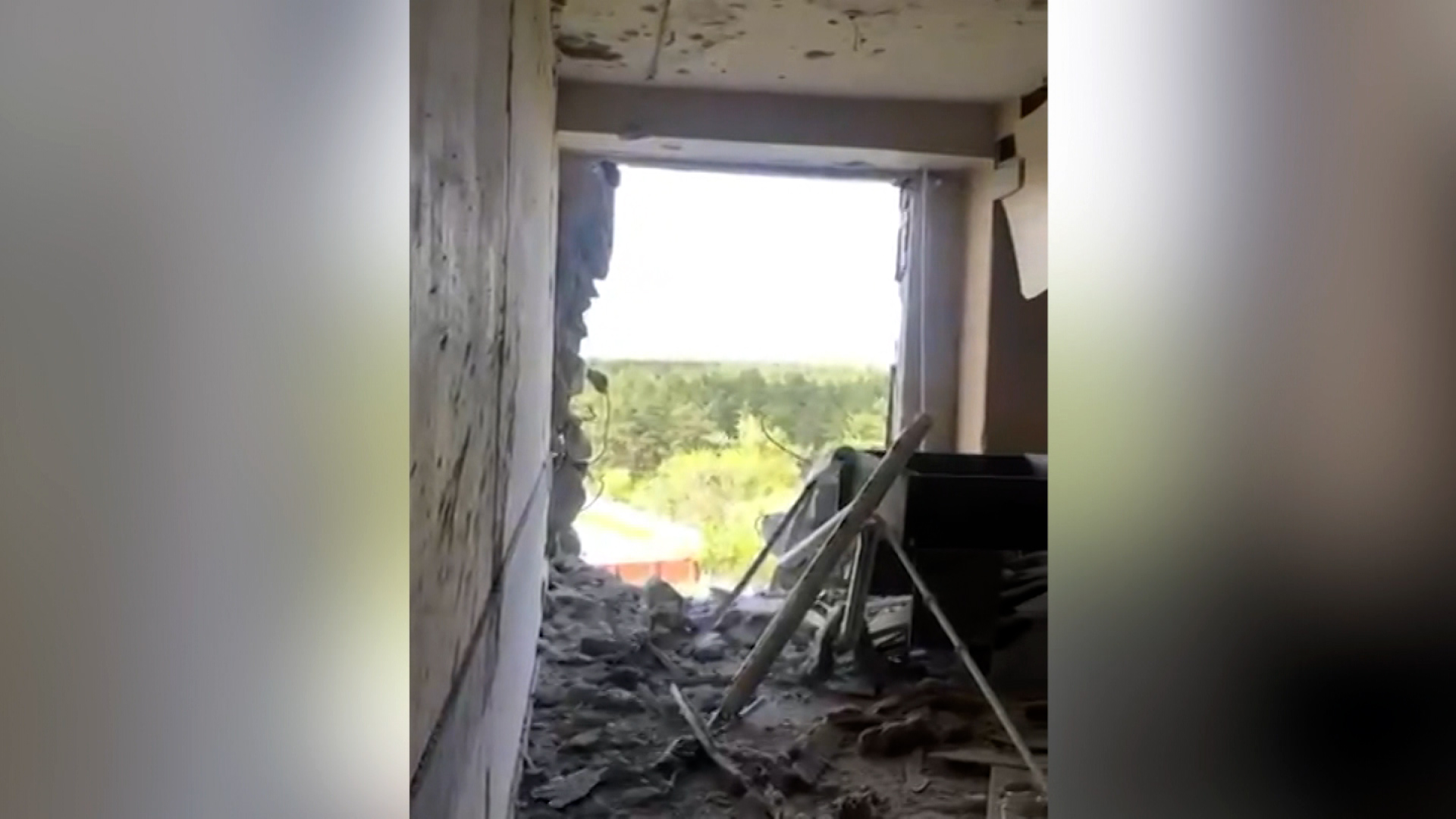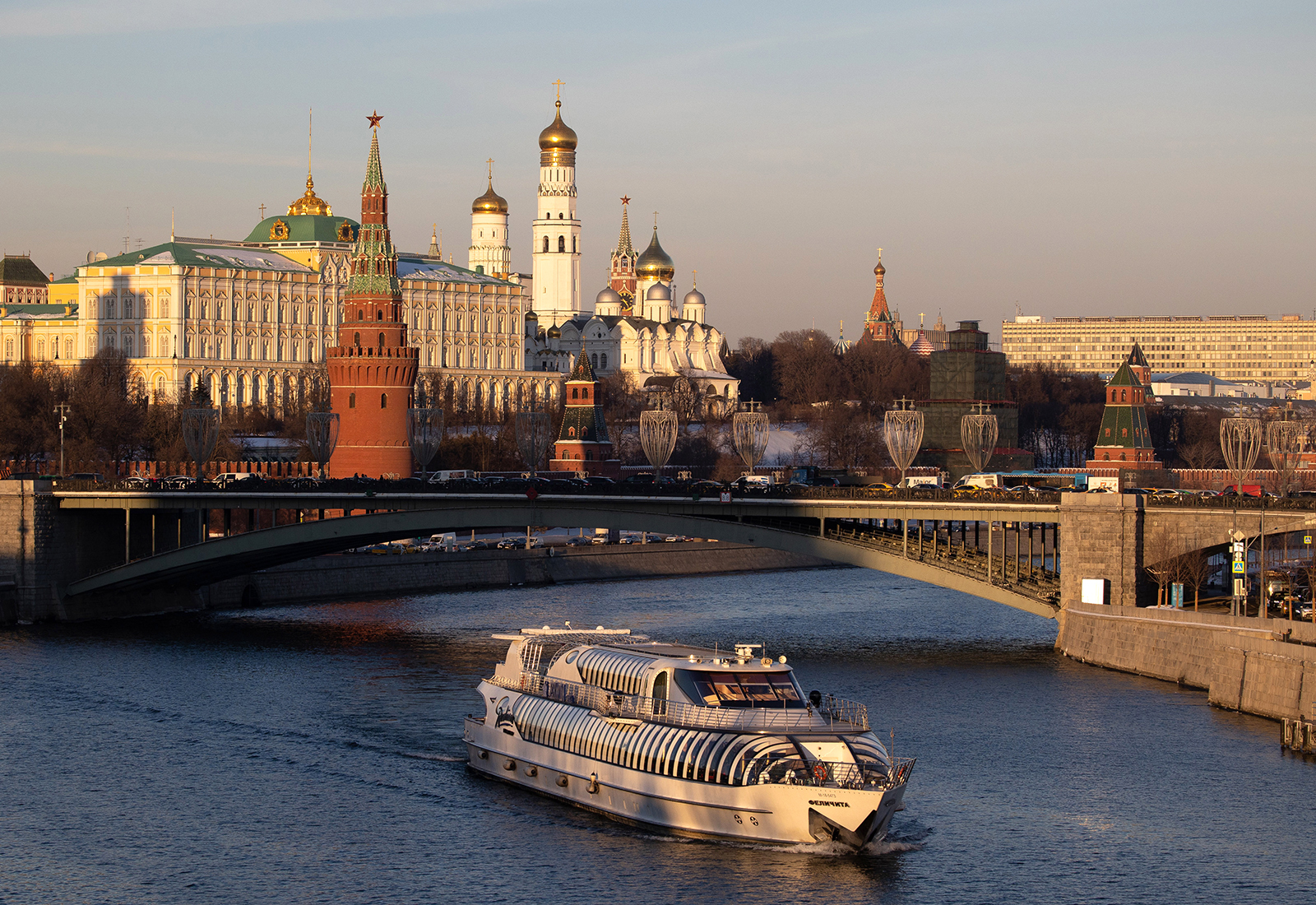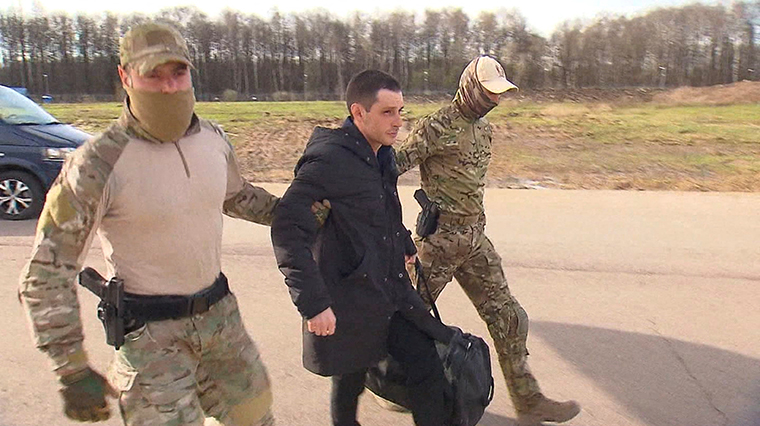
The family of former US Marine Trevor Reed said Wednesday he has been released from Russian custody.
"Our family has been living a nightmare. Today, our prayers have been answered and Trevor is safely on his way back to the United States," the family said in a statement.
"We’d respectfully ask for some privacy while we address the myriad of health issues brought on by the squalid conditions he was subjected to in his Russian gulag," the family continued, although they did not specify how many days Reed was detained.
They thanked US President Joe Biden "for his kindness, his consideration, and for making the decision to bring Trevor home," adding that Biden's action "may have saved Trevor's life."
Biden also confirmed Reed's release, saying he had shared the news with his family.
Reed was exchanged for Russian national Konstantin Yaroshenko, Russia's Foreign Ministry said Wednesday.
Yaroshenko is a Russian pilot who had been detained in Liberia by undercover US Drug Enforcement Agency agents on May 28, 2010, and brought to the US, according to Russian state news agency TASS.
US Drug Enforcement Agency agents ostensibly obtained evidence Yaroshenko had criminal intent to transport a large batch of cocaine, according to TASS.
The Russian pilot has pled not guilty, describing his arrest as a provocation and all charges against him as fake, according to TASS.
At least two other Americans — basketball star Brittney Griner and former Marine Paul Whelan —remain detained in Russia.
Here are more of the latest headlines from the Russia-Ukraine war:
- Zelensky looks ahead to post-war Ukraine and expresses gratitude to protesters in nightly remarks: Ukrainian President Volodymyr Zelensky looked forward to a post-war Ukraine in his nightly video address Wednesday, saying he wanted to provide housing for all those serving in the armed forces, working as emergency responders, police officers, and otherwise working for the state. This was in addition to the goal of rebuilding everything destroyed in Russian attacks, he said, issuing an appeal to local communities to provide information on damaged buildings so that post-war reconstruction could happen quickly and effectively. He also hailed a move by the European Union to remove all duties and quotas on Ukrainian exports for a year, as well as suspending anti-dumping tariffs.
- Ukraine is concerned about provocations in pro-Russian region of Moldova: Ukrainian officials have been talking about the risk of another front in the conflict with Russia opening up — along the border with Moldova in the southwest. Part of the Moldovan border region is controlled by a pro-Russian administration in what's called Transnistria. Unexplained explosions there earlier this week prompted Ukrainian officials to allege that Russia's security services were planning provocations in Transnistria as a pretext to open up a new front in the war. Mykhailo Podoliak, an advisor to President Zelensky, told Ukrainian television Wednesday: "We have always considered Transnistria as a springboard from which there may be some risks for us, for [the] Odesa and Vinnytsia regions."
- Russian military strike causes "significant" damage at hospital in Ukraine’s Severodonetsk: A Russian military strike caused "significant" damage to a regional hospital in the eastern Ukrainian city of Severodonetsk, video released by the Luhansk regional administration shows. CNN has geolocated and verified the authenticity of the video. The video begins with scenes of blown out windows in a hospital stairwell. As the individual taking the video climbs the stairs, more debris and damage are seen, including a door blown off its hinges. Once out of the stairwell a tangle of metal, drywall and debris is seen outside of a hospital room. In one room the windows have been blown out; the room next to it is missing an entire wall — there is a large hole in the building.
- Russian hacking in Ukraine has been extensive and intertwined with military operations, Microsoft says: At least six different Kremlin-linked hacking groups have conducted nearly 240 cyber operations against Ukrainian targets, Microsoft said Wednesday, in data that reveals a broader scope of alleged Russian cyberattacks during the war on Ukraine than has previously been documented. "Russia's use of cyberattacks appears to be strongly correlated and sometimes directly timed with its kinetic military operations," said Tom Burt, a Microsoft vice president. The Microsoft report is the most comprehensive public record yet of Russian hacking efforts related to the war in Ukraine. It fills in some gaps in public understanding of where Russia's vaunted cyber capabilities have been deployed during the war.
- Poland and Bulgaria are receiving gas from EU neighbors: Poland and Bulgaria are receiving gas from their EU neighbors, European Commission President Ursula von der Leyen said Wednesday. This comes after Russian energy giant Gazprom halted gas supplies to Poland and Bulgaria on Wednesday, after both countries refused to pay the Russian energy giant in rubles, the company said in a statement. In a statement, von der Leyen called it “another provocation from the Kremlin" and accused Moscow of using gas to "blackmail" the bloc.
- More than 20,000 Ukrainians have been processed at the US-Mexico border since mid-March: The Department of Homeland Security processed more than 20,000 Ukrainians at the US-Mexico border and granted them humanitarian parole since March 11, when officials began exempting them on a case-by-case basis following Russia’s invasion, according to a newly filed court declaration. Blas Nuñez-Neto, a top Homeland Security official, outlined the Biden administration’s plans for an influx of migrants at the US-Mexico border when a public health authority, known as Title 42, lifts in a court filing following a federal judge’s intent to temporarily block the wind down. DHS, Nuñez-Neto said, will be “significantly curtailing” those exception, given the launch of Uniting for Ukraine, a streamlined process for Ukrainians seeking to come to the United States.
